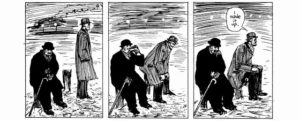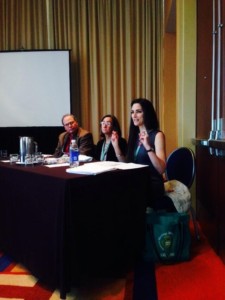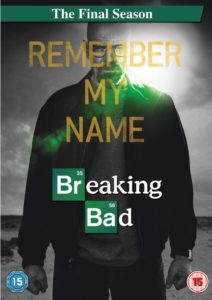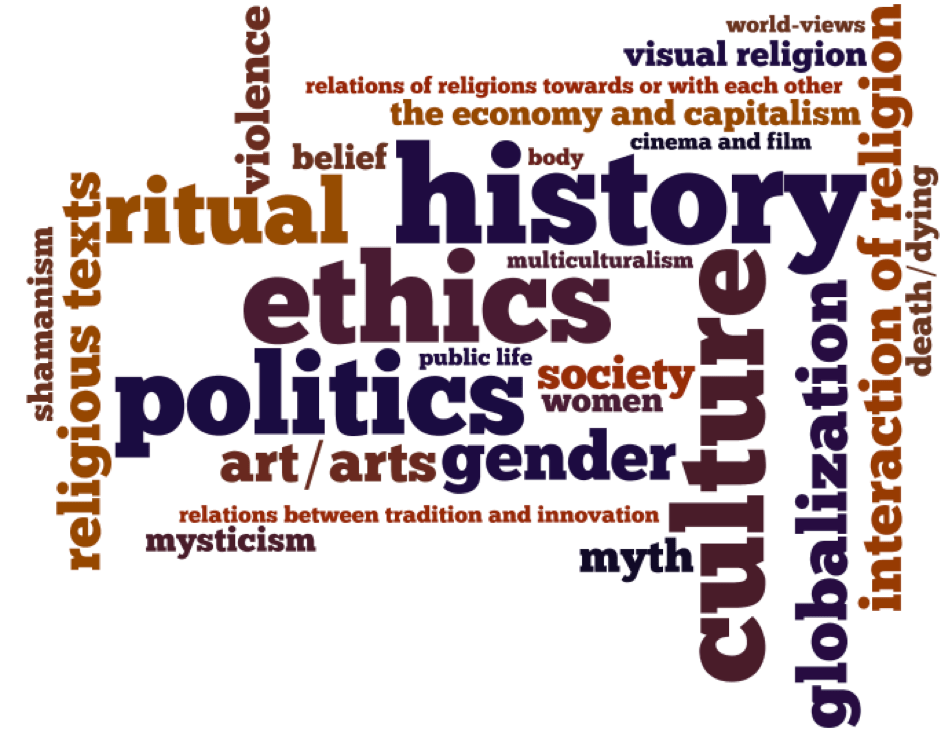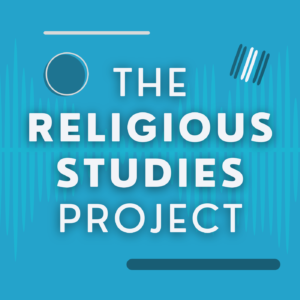
To Atheism – And Beyond! Where Nonbelievers Go
Many of the religious “nones,” the term used to describe those who do not identify with a religion, have deeply held spiritual, mystical, or New Age beliefs that are antithetical to the values of Secular Humanism
The motto of the Council for Secular Humanism is “Beyond atheism. Beyond agnosticism. Secular Humanism.” Yet, the Council for Secular Humanism is just one place beyond nonbelief that atheists and agnostics can go to explore what it means to be a nonbeliever.

